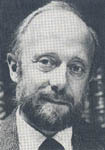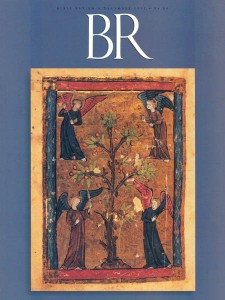The First Christmas
I am a Christian who does not believe in the virgin birth, nor in the star of Bethlehem, nor in the journey of the wisemen.

We do not know much about the first Christmas. We do not know what day of the year Jesus was born. Dating it to December 25 (or even to winter) is found neither in the Bible nor in early Christian tradition, but goes back to the church in Rome in the fourth century.
Nor do we know what year Jesus was born. Most likely it was between 7 and 4 B.C.E.a My students, expecting that Jesus would have been born in the year 0, find this surprising. Why the discrepancy? The sixth-century monk Dionysius Exiguus (whose name means “Denny the Dwarf”), who calculated the calendar we now use, made the best determination he could with the sources he had, but was off by a few years.
Nor do we learn much about what happened from the familiar stories of the birth of Jesus in Matthew and Luke. To me, as to many Bible scholars, the birth stories seem to be symbolic narratives and not historical reports.1
To put that boldly, I am one of those Christians who does not believe in the virgin birth, nor in the star of Bethlehem, nor in the journey of the wisemen, nor in the shepherds coming to the manger, as facts of history. Yet I find these stories to be both powerful and truthful, and I have no difficulty preaching sermons on them.
Already a library member? Log in here.
Institution user? Log in with your IP address.

